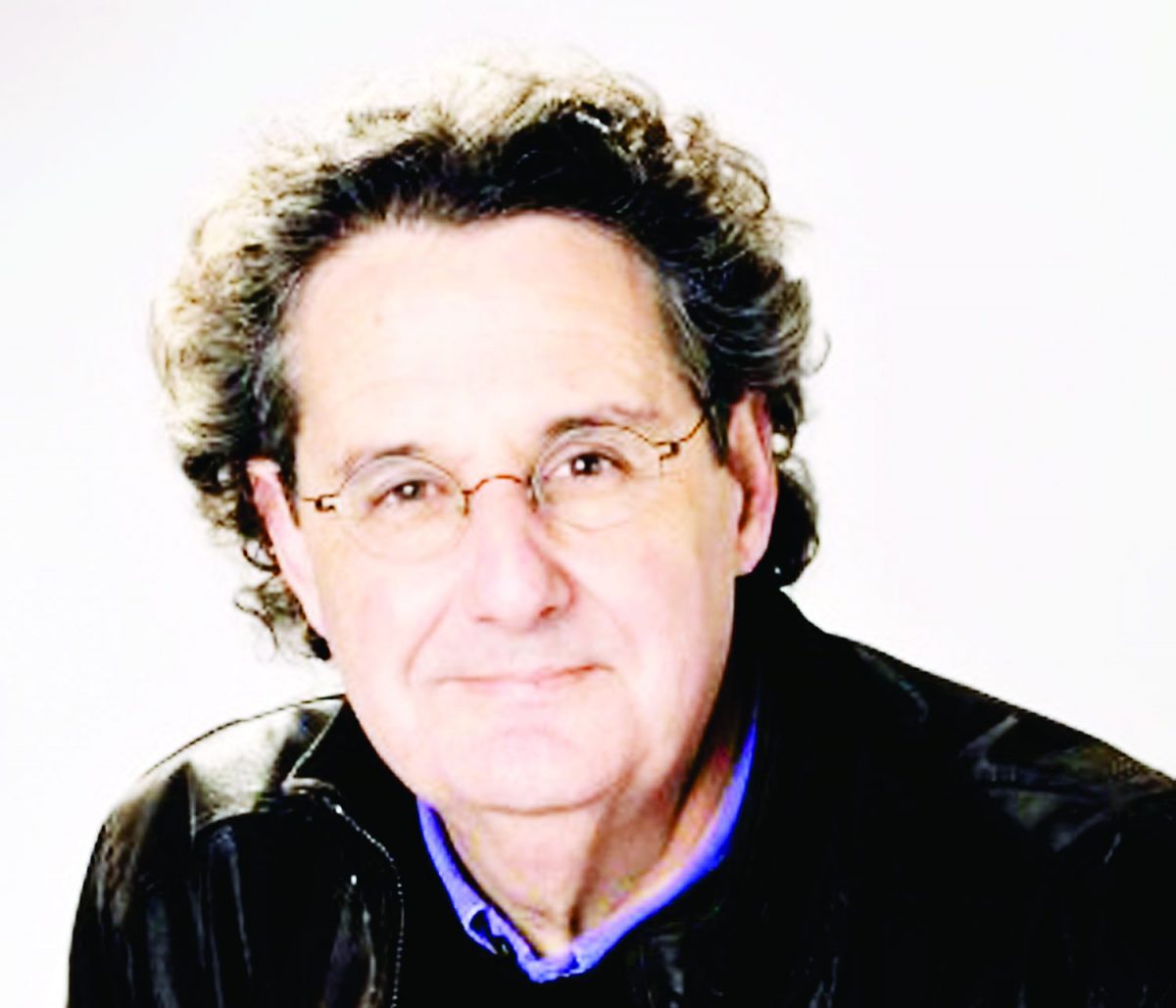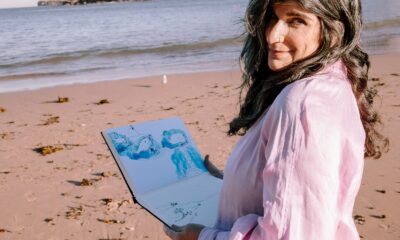
Featured Item

Anton Harber on the record about pitfalls of SA journalism
Anton Harber, one of the most respected media minds in South Africa, has released his latest book, So, For The Record, a book said to be the most important examination of the fourth estate since apartheid. We got further details.
What inspired you to write So, For The Record?
It was essential to confront what happened at the Sunday Times when it was duped into the South African Revenue Service’s “rogue unit” saga, and other stories that aided state capture. What led our biggest newspaper and one of our most respected investigative teams down such a dangerous and destructive path? I could see that it wasn’t just a mistake, but a deep and systemic problem, and it wasn’t just a problem of one newspaper, but reflected the state of all of our journalism and news media. If we are to address these issues, we have to first understand the problem, and a deep dive into the Sunday Times and the Gupta Leaks stories was one way to show both the highs and lows of our journalism.
What do you want readers to take from this book?
I hope the general reader gets a better understanding of the workings of newsrooms, and an appreciation of the value and importance of good journalism as well as its limitations and flaws. I hope that journalists are pushed to re-examine their professional practices, assumptions, and prejudices. Journalism is an essential public service, but it’s in our hands to try to determine whether it does good or harm, or at least more good than harm.
How did you do your research? Where did you look, and how long did it take?
It took two years of interviews, probing, investigation, searching out documents, and recordings, reading old newspapers, and arm-twisting the reluctant into talking to me. One interview took me a year to set up, for example. And then I had to piece this mass of information into a coherent and readable narrative. The hard part is always to pick out the important and interesting material, and discard the mass of secondary detail that one has collated.
Were there any surprises that you came across, and what where they?
Too many. I didn’t expect to find myself writing about brothels, honeypots, spies, and brown envelopes. Perhaps the biggest surprise was to find out how the State Security Agency and Police Crime Intelligence were deliberately trying to mislead and play journalists for nefarious political ends – and how easily some journalists fell for it.
What was the most difficult part of writing this book?
As is so often the case in investigative work, dealing with sensitive sources is complicated and messy, particularly whistleblowers. These are people who risk their lives and livelihoods to get information out. They seldom get recognition or real protection. They are also often complicated people with, quite naturally, a high level of paranoia.
Finding out that members of our tribe (journalists) were complicit in state capture can’t have been easy. What’s your reaction to this?
Writing about my peers, colleagues, and friends was a double-edged sword. On the one hand, it meant that I had a unique perspective as something of an insider, with 40 years in the media industry. But it also meant that I had to be prepared to lose a bunch of friends and make a new set of enemies. That’s journalism, I guess.
What should the journalists/editors have done to ensure they weren’t complicit?
Anyone can be duped and make mistakes, but what was shocking in each of the three cases I looked at was that the newspaper stuck with one single – and dangerous – narrative for months and even years. At the root of this was an arrogant journalistic culture, a hangover from the days when the Sunday Times had real power, and a failure to recognise that those days were over. They wanted simple stories of good and evil, and forgot that the people and situations they wrote about were complicated, contradictory, and sometimes both good and evil. They thought they were still the gatekeepers, and hadn’t woken up to the world of social media where everyone can just walk around the gate.
What do you, as a professor in journalism and someone who has inspired many top journalists, want to say to those in the media who were entwined in state capture?
You must embrace both the scope of journalism, and its power to do good (as in Gupta Leaks), but also its limitations, flaws, and capacity to do harm. Realise how fundamentally our world as editors and reporters has changed, how much less power and authority we can assume, and how much harder we have to work to earn and keep that credibility and influence.
In the “old days”, there was an unspoken code that we didn’t write badly about other media/publications. That seems to have disappeared, and media houses have no qualms about attacking each other. How do you feel about that?
Good riddance, I say. Not that we need to attack each other, but we do need to hold ourselves accountable in the same way we demand it of others who wield public power. Media criticism and self-criticism aren’t just a necessity to improve our work, they are a moral and political imperative. Besides, we are learning that to practice journalism transparently makes for better journalism.
Following your book, what changes would you like to see in the media?
We are going to have to find a sustainable way to fund journalism. Until we do that, we don’t have enough resources and diversity to do the work, the research, the fact-checking, the probing, and all of that. First and foremost, we need to get the industry back on a healthy financial footing.
What reaction have you had so far to your book, and do you anticipate anything further?
It’s early days, but I know there are a number of people who won’t like it, and will nit-pick it, eager to find my mistakes and shortcomings. But that’s part of the game. I wanted to provoke discussion and debate.
Researching and writing this book was probably a tough journey. How do you feel now that it’s out, and what’s on the cards for you?
At the moment, I would like to be sipping a double dram of heavily-peated Islay single malt, with a touch of ice, somewhere with a beautiful view. Maybe after that I can start planning another book.










